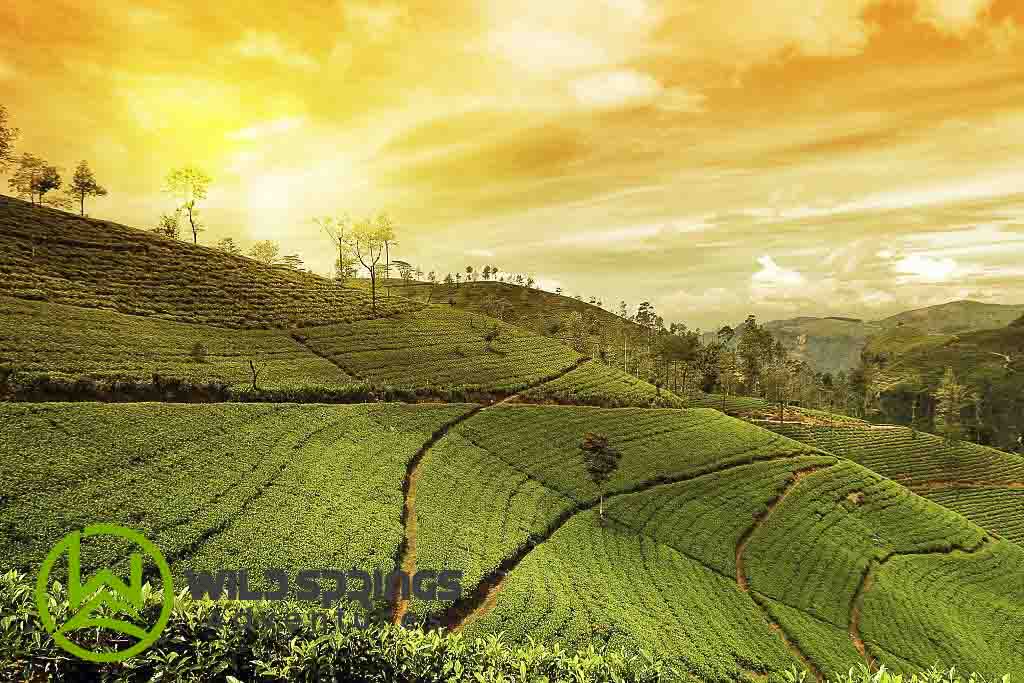
Kenya, renowned for its breathtaking landscapes and wildlife, is also one of the world’s leading tea producers. This article will explore the importance of tea farming in Kenya, its history, unique aspects like purple tea, small-scale and large-scale tea production, and how profitable this business is in Africa.
Importance of the Tea Farming Industry in Kenya
Tea is a central pillar of Kenyan agriculture and economy, contributing significantly to the GDP and supporting millions of livelihoods. Kenya Tea Farms produce some of the finest tea globally and play a crucial role in foreign exchange earnings.
A Brief History of Tea Production in Kenya
The history of tea production in Kenya dates back to 1903 when the first tea seeds were introduced by G.W.Caine, a European settler. Tea was first introduced in Tigoni, Limuru, Kenya. One of the top 5 best places to visit in Nairobi. However, commercial tea production started in 1924, with the first tea-growing areas of Kenya being situated in the central and western parts of the country.
The Specialty: Purple Tea Farming in the Tea industry
Kenyan tea farms offer a unique product: purple tea. It is a special variety of tea, rich in antioxidants, with potential health benefits. Purple tea is gaining popularity due to its unique taste, vibrant color, and potential wellness properties.
The Backbone: Small-Scale Plantations in Kenya
Small-scale tea farms contribute significantly to Kenya’s tea sector, with many small-scale tea growers. These farmers often face challenges like limited access to resources, low productivity, and market fluctuations, but their dedication and passion make them an integral part of the tea industry.
Large-Scale Tea Farming in Kenya
Large-scale tea farming accounts for a substantial portion of tea production in Kenya. These tea estates and farms enjoy better resource access and the latest farming technology. The enchanting tea plantations of Nairobi and central Kenya are examples of successful large-scale tea farming.
Is Tea Industry Profitable in Kenya?
Tea production can indeed be a profitable venture in Kenya. However, factors like cultivation methods, marketing strategies, and fluctuating global prices can impact the earnings of tea farmers. Many tea growers in Kenya have succeeded in turning to niche markets or introducing value-added products like flavored teas to maximize profits.
Images of Tea Farming in Kenya
A picture speaks a thousand words, and the captivating images of tea production in Kenya showcase the vibrant green landscapes, farmers carefully plucking tea leaves, and perfectly manicured tea plantations.
Comparing Tea Farming, Coffee production, and Cotton Farming Industry
Kenya is also known for its coffee and cotton farming. However, while cotton farming faces challenges in terms of price and production, coffee farming’s profitability has seen ups and downs. With tea, farming remains an essential staple for farmers and the nation.
The Plight of Kenyan Tea Farmers
Small-scale tea farmers in Kenya face multiple challenges, like limited resources, insufficient training, and vulnerability to climatic changes. To ensure a prosperous tea industry, it is essential for stakeholders to work together and address these issues.
As we wrap up our journey into the tea-farming industry of Kenya, it is evident that tea is more than just a cup of warmth and comfort. It is an industry that supports livelihoods and drives economic growth. And places Kenya on the map as a global tea producer.
